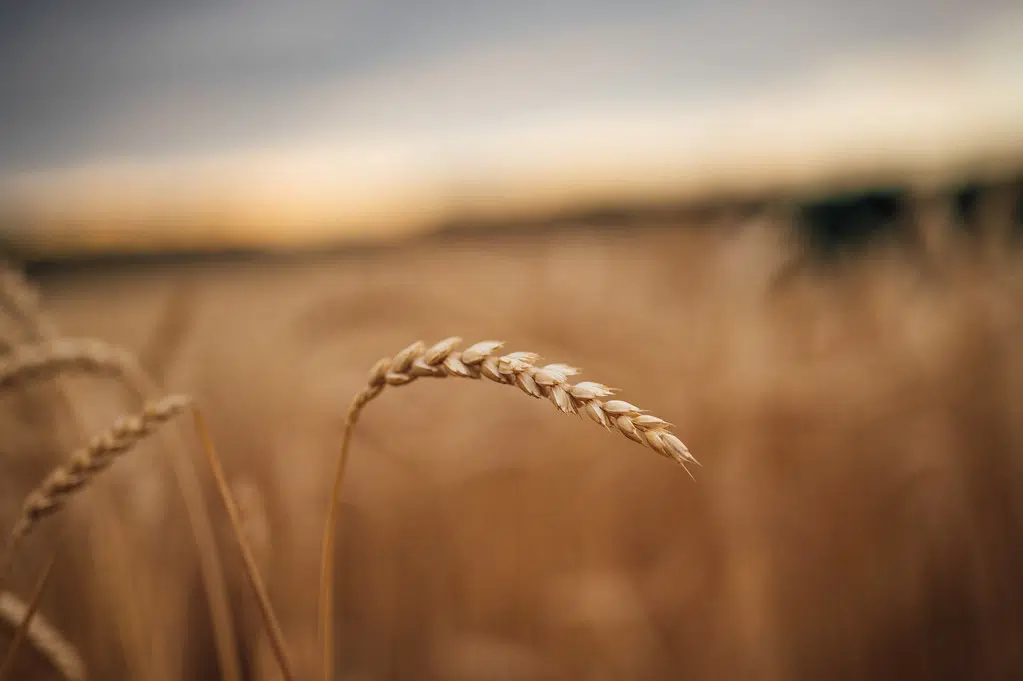U.S. Trade Representative Katherine Tai and the Biden Administration are pushing China to meet the agreed-upon commitments in the Phase One Trade Deal that was signed with the United States.
“As you know, there are two general aspects to phase one: one, in which the Chinese made agreements or promised to take 57 steps, if you will, focused on sanitary and phytosanitary non-tariff related issues that impacted affect trade. The Chinese were pretty aggressive at the outset with the Phase One agreement in terms of compliance,” Ag Secretary Vilsack said. “They met roughly 50 of the 57 items that they agreed, but there are seven still very large items that have yet to be resolved and yet to be completed by the Chinese, not the least of which is biotechnology trade approvals.”
Vilsack points out that China is also way behind in buying U.S. ag commodities. “The reality is that they’re still about $5 billion short of the amount of purchasing under phase one that they agreed to make, and that, I think, is important that we again continue to press the Chinese for compliance with phase one. If you reach an agreement, we want to make sure that there’s performance behind that agreement,” he said.
He added that the most important thing is that no harm comes to U.S. farmers, no matter what approach the administration takes. “There are industries that have been impacted and affected, and consumers in the United States who have been impacted or affected, by some of the tariffs that have been assessed. And I think it’s important for us to take a strategic look, if you will, at the tariffs to make sure that what we’re doing isn’t necessarily being harmful to American business or American consumers but is sending the appropriate message to our Chinese friends.”
Vilsack said that even though China has been a good customer of American agriculture, we need to keep finding frequent steady buyers for U.S. commodities. “I think it is important that we continue to look for ways in which we can diversify our efforts. We certainly appreciate recent efforts in Vietnam where tariffs have come down on certain ag products, where certain sanitary and phytosanitary barriers have been negotiated away so the trade with that country becomes easier,” he said.





